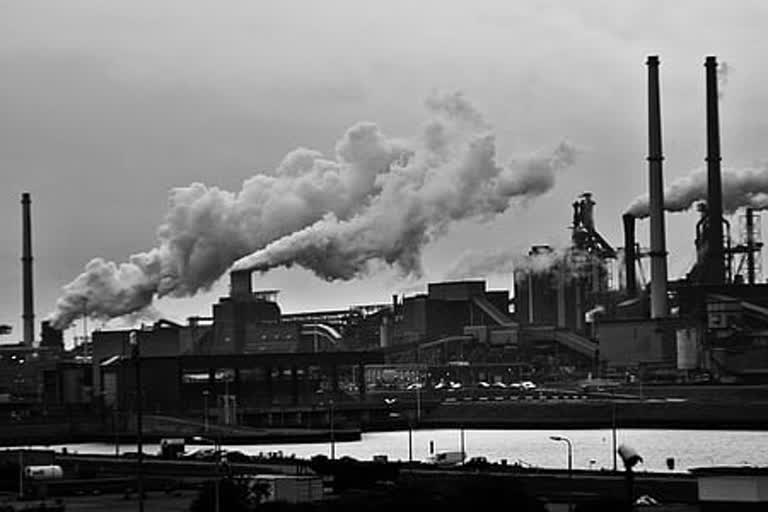Hyderabad: One of the world's worst chemical (industrial) disaster 'Bhopal Gas Tragedy' was witnessed in Madhya Pradesh's Bhopal in the year 1984. More than 3,700 people died due to the accidental release of toxic gas Methyl Isocyanate (MIC).
Since then, India has continued to witness a series of chemical spill accidents, only in the last decade, 130 significant chemical accidents were reported in the country which resulted into 259 death and 563 major injuries.
There are about 1861 Major Accident Hazard (MAH) units, spread across 298 districts and 25 states & 3 Union Territories, in all zones of country. Besides, there are thousands of registered and hazardous factories (below MAH criteria) and unorganized sectors dealing with numerous range of hazardous material posing serious and complex levels of disaster risks.
A number of regulations covering the safety in transportation, liability, insurance and compensations have been enacted.
Following are the relevant provisions on chemical disaster management, prevailing in country:-
1. Explosives Act 1884
2. Factories Act 1948
3. Environment Protection Act 1986
4. Public Liability Insurance Act 1991
5. Petroleum Act 1934
6. Insecticides Act 1968
7. Motor Vehicles Act 1988
8. Disaster Management Act 2005
The National Disaster Management Authority (NDMA) of India had come out with very specific guidelines on Chemical Disaster Management.
Precautions to be taken during and after the Chemical (Industrial) Accidents:
- Evacuate calmly and quickly perpendicular to wind direction
- Keep a wet handkerchief or piece of cloth to cover face
- Do not consume the uncovered food/ water etc open to the air
- Inform Fire & Emergency Services, Police and medical services from safe location by calling 101, 100 and 108 respectively
- Provide correct and accurate information to government officials
- Inform others on occurrence of event at public gathering places (like school, shopping centre, theatre etc.)
- General Precautions During Normal Time
- Do not smoke, lit fire or spark in the identified hazardous area
- Keep the contact numbers of nearest hazardous industry, fire station, police station, control room, health services and district control room
- Avoid housing near the industries producing or processing the hazardous chemicals
- Prepare an emergency kit of items and essentials in the house, including medicines, documents and valuables.
Also, read: Visakhapatnam gas leak: What did LG Polymers manufacture?



